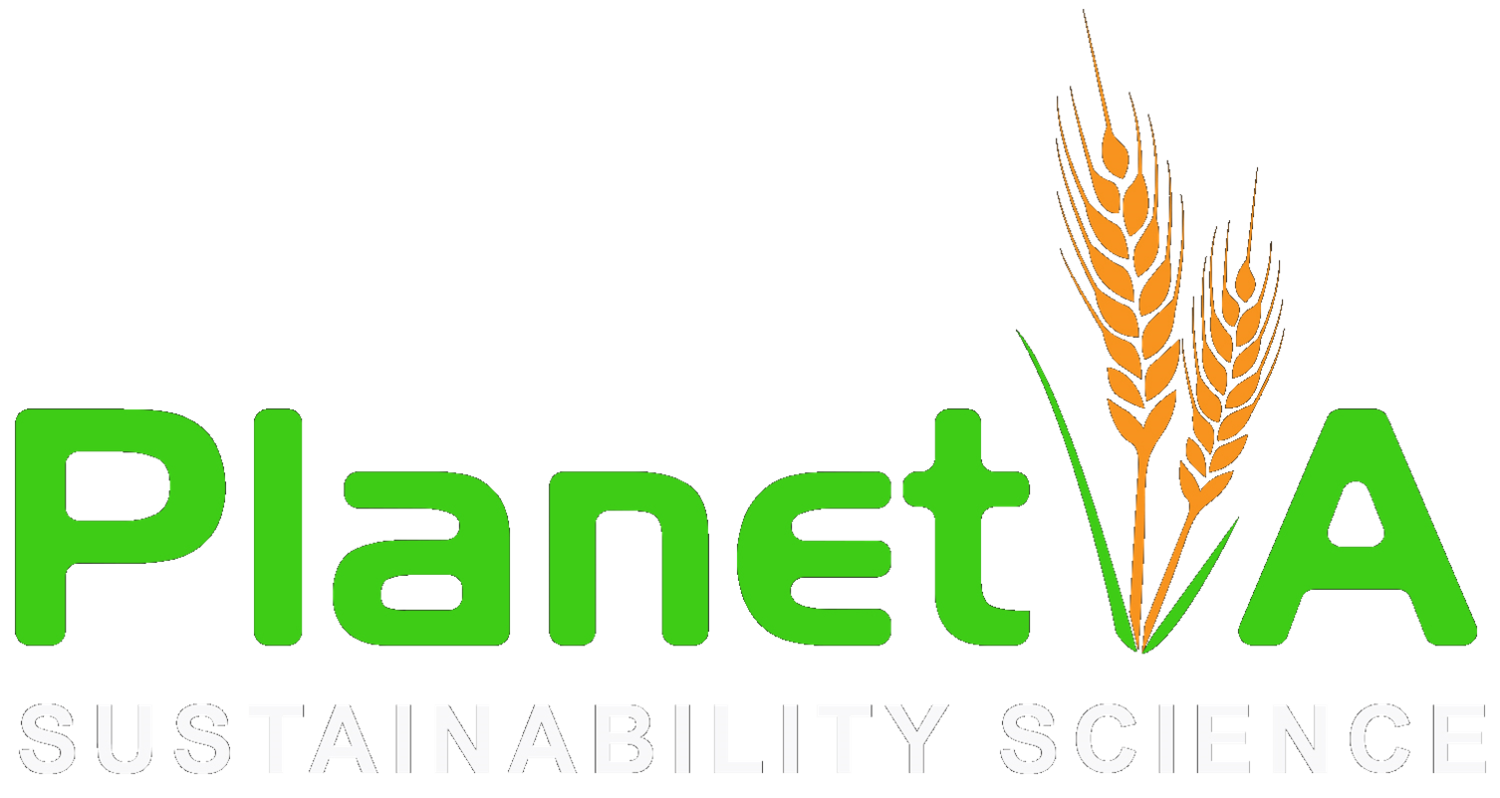A general framework for charting pathways to sustainability to future-proof local communities
Researchers
Brett Bryan, Enayat Moallemi, Michalis Hadjikakou, Katrina Szetey, Reihaneh Bandari, Dianty Ningrum, Rob Raven, Beth Sprunt, Tim Shanahan, Martin Butcher, George O’Dwyer, David Rourke, Emma Ashton, Rebecca Lester, Euan Ritchie, Kelly Miller, Robert Faggian, Emily Nicholson, Asef Nazari, Don Gunasekera, Timothy Neale
Summary
The Local SDGs Programt was launched in January 2019 as a Deakin University initiative in collaboration with the Monash Sustainable Development Institute, DELWP, the North Central Catchment Management Authority and the Forrest & District Community Group and funded through the Ian Potter Foundation. We are developing robust pathways towards future-proofing Australian communities and enabling people and nature to thrive.
Our Forrest/Otways (South-West Victoria) case study involves a region which has acknowledged its susceptibility to the environmental and socio-economic effects of climate change. This is a community in transition and is striving to attain a sustainable and resilient future in the midst of increasing fire threats and water shortages. It is imperative to protect the Forrest/Otways unique rainforest ecosystems, agriculture and tourism. The Goulburn Murray region (North-Central Victoria) in contrast is a great distance from the coast and reliant on the Murray Darling Basin. This case study focuses on the environmental and economic pressures facing the Irrigation, Dairy and Food Production industries.
Our aim is to go beyond our two case studies (Forrest/Otways and Goulburn Murray) and ultimately develop a framework that will be generally applicable across rural/regional Australia. Widespread uptake of the framework for charting pathways to local sustainability can help Australia and the world achieve the UN's Agenda 2030 and the global Sustainable Development Goals (SDGs) from the bottom up

